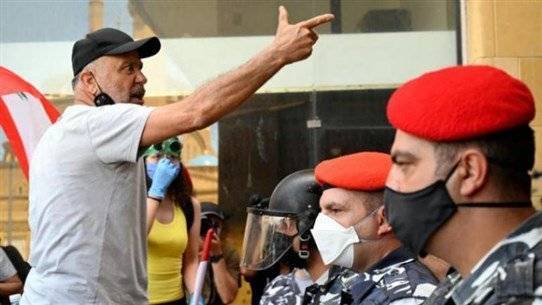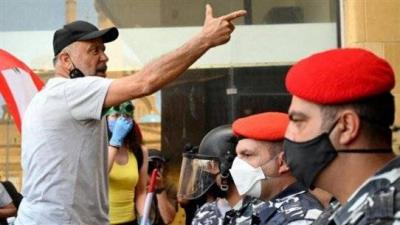The misfortunes of the global economic crisis present benefits for Lebanon! The economic crisis that is set to sweep the world in 2023 could represent a golden opportunity for Lebanon if it knows how to capitalize on it. The crisis is characterized by an inflation rate of 6.6% in developed economies by the end of 2022 on a secondary basis, and 9.5% in developing countries and economies in transition, amid severe concerns about a global economic recession due to rising interest rates. As the world awaits the next steps from the Federal Reserve, expectations are growing that the federal interest rate could exceed 4.0% by the end of this year, especially following the recent inflation figures. Additionally, the recent political developments on the global stage, not least the Russia-Ukraine war, have impacted energy markets and commodity and grain markets, leading to several countries suffering from acute shortages of oil, gas, and food commodities, alongside rising prices.
Lebanon, already politically, economically, and financially troubled, will not be insulated from the repercussions of the economic crisis. In this context, economist Jassem Ajaka clarified in an interview with MTV that "the direct impact of the economic crisis on Lebanon will be seen in rising prices, which will impose additional burdens on citizens, especially in light of the chaos existing in the country at all levels, and the difficulty many Lebanese face in securing various types of goods due to their shortage in the markets, hoarding, or rising prices."
Lebanon, which is vertically integrated into the global economy and open to oil and grain markets, is significantly and negatively affected by any rise or fall in global market prices, even before the crisis it has experienced for the past three years. Ajaka explains that "companies typically resort to global exchanges for financing; however, Lebanon is unable to secure financing either from the already weak Beirut Stock Exchange or from the global exchanges from which it has isolated itself due to the suspension of payments on its sovereign debts."
However, Lebanon can protect itself and ensure self-sufficiency in grains and essential goods. Ajaka said: "If officials make bold decisions and establish plans focused on developing and activating the agricultural sector, supporting local industries, food, pharmaceutical, and handicraft sectors, among others, the repercussions of the crisis will be limited as a result of reducing the quantity of imported goods, most of which are agricultural and industrial."
He added: "Removing the powerful individuals’ grip on riverine properties covering approximately 25 million square meters and returning them to the state, along with creating a plan to cultivate, for example, wheat, would not only allow Lebanon to be self-sufficient but would also enable it to export and play a crucial global role in food security." The political decision in Lebanon holds exclusive authority over economic choices, and amid the current paralysis, one cannot hope for many positive scenarios. The most realistic outcome may be a reduction in Lebanon's reliance on foreign entities and a decrease in the quantity of imported materials and goods.




